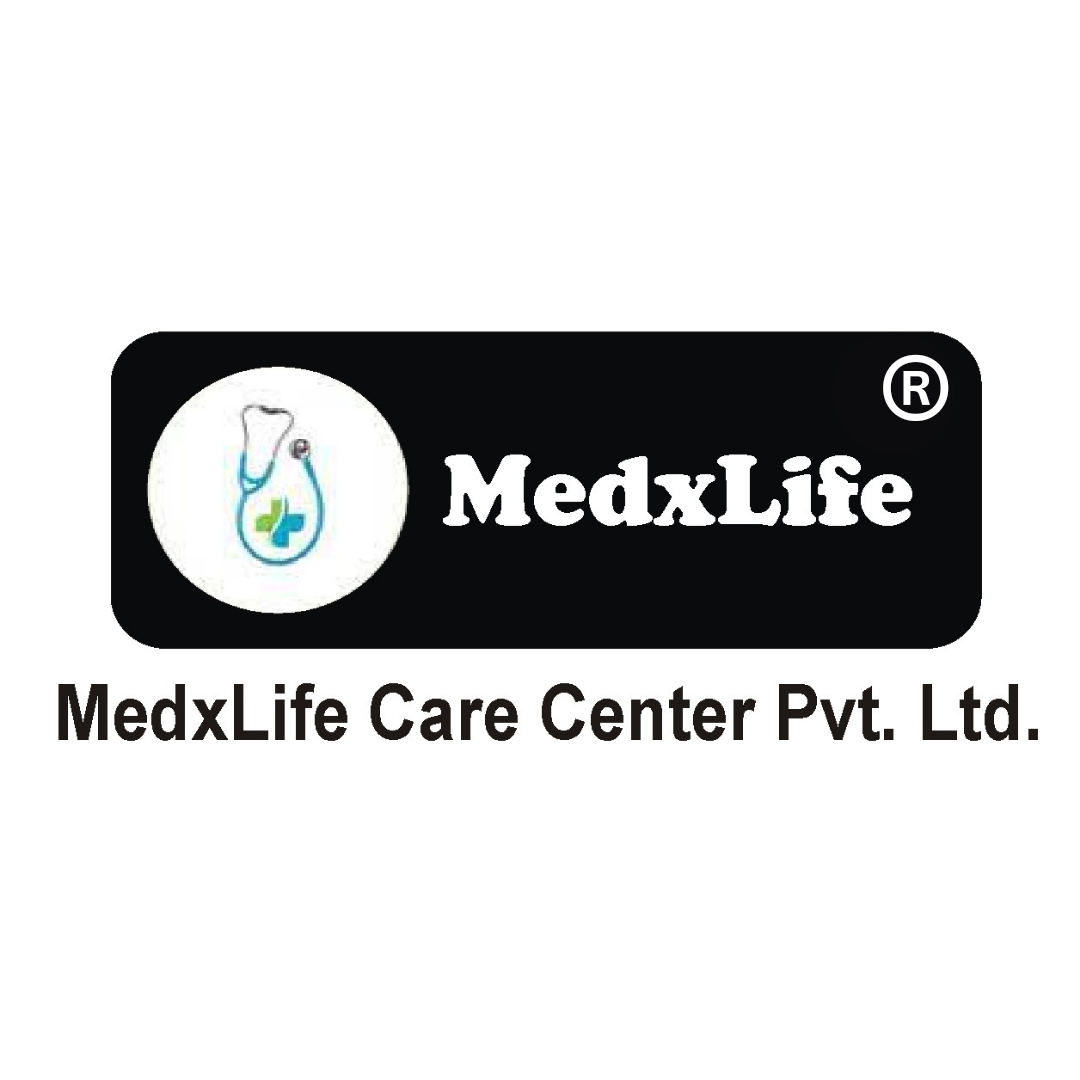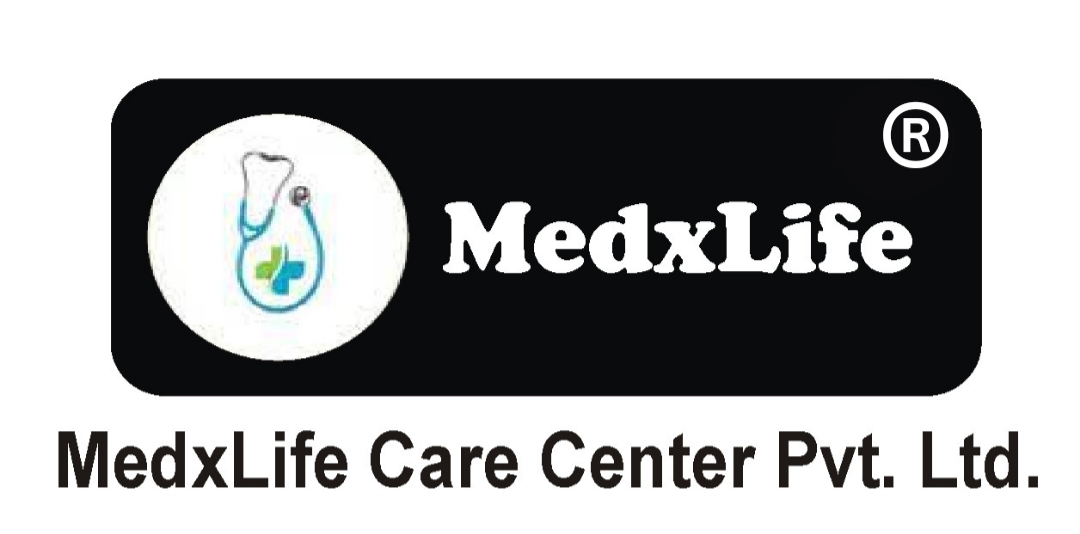Thyroid metabolism:
• Demand by fetus increases for development of fetus brain, especially in 1st three months (fetus’s thyroid gland doesn’t produce thyroid hormone initially for 3 months).
• Increased metabolic requirements by mother.
• Thyroid hormone requirements increases.
• Iodine requirement increases.
• Hyperplasia of thyroid gland.
• Increased vascularity of thyroid gland.
If woman who is already suffering from hypothyroidism gets pregnant and is on medication of levothyroxine,
– Medication is continued
– Dosage of medicine is increased due to high requirement of thyroid hormone during pregnancy
(Note – levothyroxine can cross placenta)
Respiratory system changes:
• Consumption of more oxygen
• But respiratory rate remains same
• In order to increase oxygen consumption woman takes deep breaths i.e., Tidal volume increases.
• Minute volume also increases
• Inspiratory capacity increases
• Residual volume decreases
This is due to
-Diaphragm pushed up
-Subcoastal angle increases from 68° to 103°
• Respiratory reserve volume decreases
• Functional residual capacity decreases
• Vital capacity remains the same
• Total lung capacity = Inspiratory capacity+ functional residual capacity
Therefore total lung capacity remains same or decreases slightly ~5%
Renal changes:
• Renal blood flow increases
• Glomerular filtration rate increases
• Serum creatinine decreases (due to increased creatinine clearance)
• Serum uric acid decreases
• Glycosuria is seen (due to increased filtration of glucose)
• Sodium and potassium concentration in blood either remains normal or decreases (due to hemodilution)
• Progesterone hormone causes smooth muscle relaxation causing dilation of ureter (hydroureter) which is seen more on right sided ureter due to dextrorotation of gravid uterus.
• Increased predisposition to Urinary tract infection.
If left untreated will lead to pyelonephritis in 25% cases which is a serious cause of concern.
Gastrointestinal changes:
• Heart burn
This is due to relaxation of lower esophageal sphincter by the action of progesterone.
• Constipation
This is also due to smooth muscle relaxation by the action of progesterone.
• Predisposition to gall stones in multiparous women.
• Liver enzymes:
-Serum bilirubin decreases
-ALT decreases
-AST decreases
-Alkaline phosphatase increases because placenta synthesises placental alkaline phosphatase.
Carbohydrate and fat metabolism:
• Fat stores are laid down in pregnant ladies in 1st two trimesters mainly.
• Insulin resistance increases
• This causes hyperinsulinemia
• This leads to increased level of triglycerides
• This causes fat deposition
• Post patanjali hyperglycemia occurs due to which glucose gets diverted towards fetus.
• This causes Fasting hypoglycemia
• In late 3rd trimester lipolysis increases which causes formation of free fatty acids.
• These free fatty acids are used up by mother.
Therefore, glucose that is consumed by mother is directly diverted to fetus in order to meet energy requirements of the fetus and the free fatty acids formed by lipolysis meets energy requirements of the mother.
Contributor- Medico Eshika Keshari





👏👌